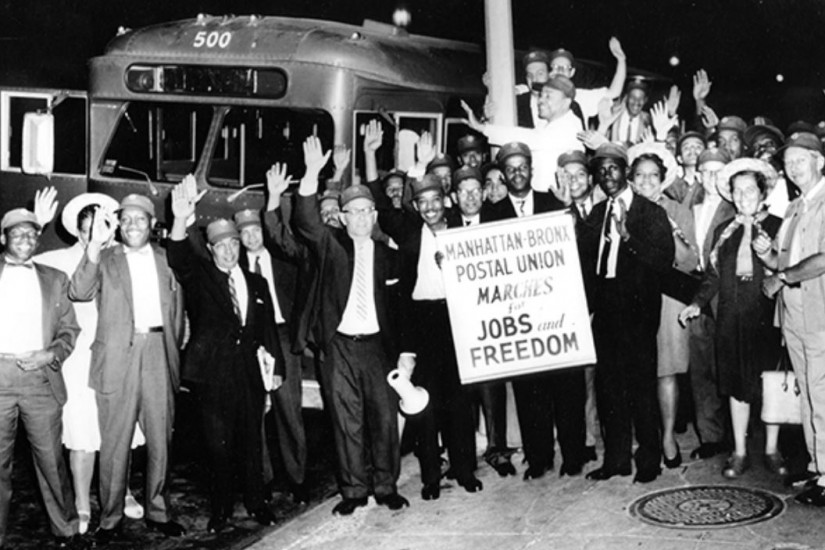While richer countries are indeed more democratic, it is not clear that countries democratize as they develop. Economic expansion may entrench elites as much as it topples them. The modernization view has given only passing thought to the protagonists and villains of the democratic transition. Who demands democracy from whom? And under what conditions are they most likely to succeed?
The Class Struggle Over the State
In seeking to answer these questions, economists and political scientists have conceived of the battle over democracy as a struggle between the rich and poor over the state. The rich, who are a minority, fear political equality. The poor, who are numerous, pine for it.
These authors are right to assume that democratization is a contest between contending classes over the state. Yet they have mostly misunderstood the character of this contest. Specifically, they have misunderstood the conditions under which the poor win democracy from the rich. The leverage of the poor comes not from growing wealth (as Ben Ansell and David Samuels argue) or from the threat of an unexpected rebellion (as Damon Acemoglu and James Robinson or Carles Boix claim). Rather, their leverage is the result of economic developments that give the poor the capacity to challenge the routines on which elites depend for their wealth.
To appreciate this, we need only observe a few basic facts about the economy and the state.
First, in any inegalitarian society, the state will show deference to the rich over the poor — even if the state is not staffed by representatives of the rich. The reason is simple: The state depends on a healthy economy to yield the revenues it requires for its own aims. And because the health of the economy is a function of the health of investment, those who own the economy’s commanding heights have disproportionate influence over the state.
Of course, the poor can also disrupt economic life. But because their only asset is their capacity to work, they cannot exercise power as individuals, unlike the rich. To disrupt economic life, they must coordinate with others. Since collective action is much more difficult than individual action, the rich will always have more power over the state than the poor.
Second, this balance of disruptive capacities, while always unequal, is not stable. The capacity of any given poor person is a function of the work they do. Some poor people have greater leverage over economic life, whether because they work in key industries or because they have relatively scarce skills. Others find it easier to coordinate collective action because they work in large, densely clustered workplaces.
Critically, economic development creates new roles for the poor to fill (and thus, different forms of dependence of the rich on the poor). It also shifts the distribution of the poor across existing roles. In doing so, it transforms the balance of disruptive capacities between rich and poor. Sometimes, these transformations narrow the gap in aggregate capacities between rich and poor. When this happens, the poor acquire influence over the state.
What does this imply for the fate of democracy? Quite simply, where ordinary people accumulate the ability to disrupt the economy, we should expect to see progress towards democracy.
